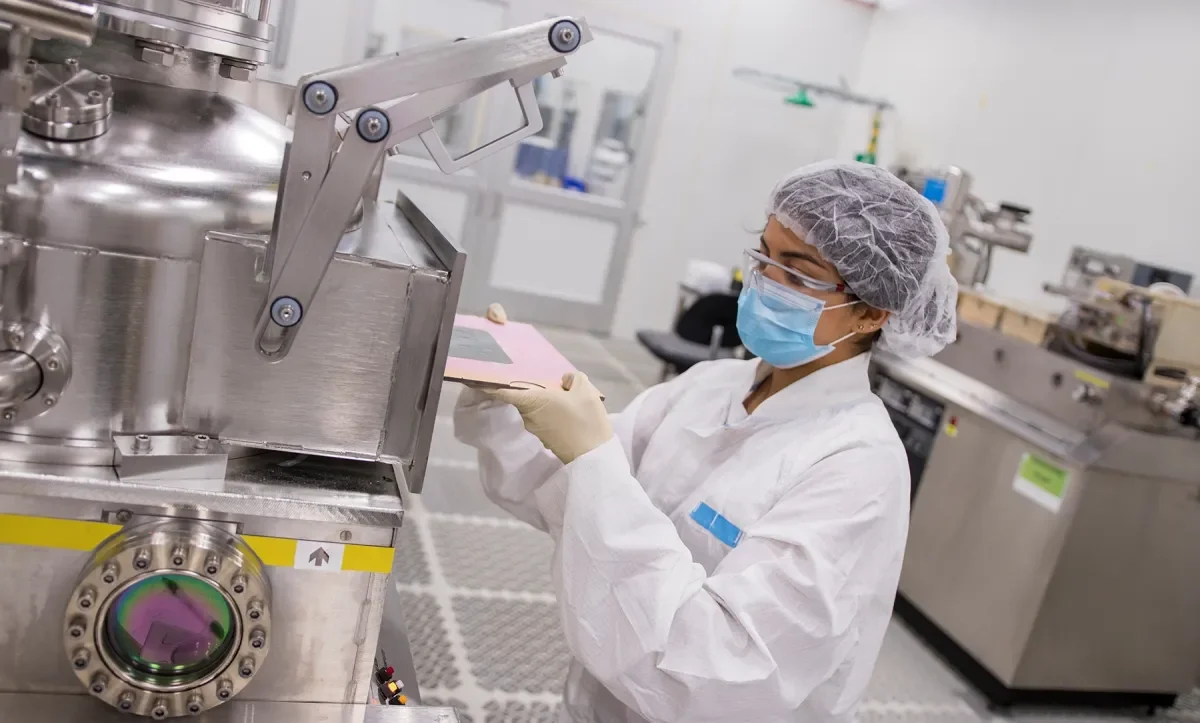

I-Form at DCU involved in international research project on solar cell technology
Dublin City University is involved in a new research project which will work to improve solar cell technology and look into new uses for photovoltaic (PV) devices.
The project spans five universities in three countries and is being lead by Arizona State University (ASU).
ASU’s Quantum Energy and Sustainable Solar Technologies (QESST) Engineering Research Center will take the lead in the collaborative project to advance PV technology and applications.
The partnership includes QESST member the Massachusetts Institute of Technology’s MIT Photovoltaics Research Laboratory, I-Form, the SFI Research Centre for Advanced Manufacturing at Dublin City University, the Tyndall National Institute’s (Cork) Irish Photonic Integration Center (IPIC), and Ulster University’s Nanotechnology and Integrated Bio-Engineering Center (NBEC).
I-Form, the SFI Research Centre for Advanced Manufacturing at DCU will provide the expertise and lead in additive manufacturing and 3D printing. This work will include the fabrication and testing of solar cell devices at ASU’s Solar Power Laboratory, to demonstrate low cost solar cell manufacturing.
Professor Dermot Brabazon, RoI Lead PI at DCU noted that "the integration of I-Form's quality by design nano-colloid production and additive manufacturing capabilities with the latest material development for the next generation of solar cell production provides an exciting new opportunity."
NBEC and ASU will integrate advances in nanoparticle plasma deposition technology into photovoltaics technology for new thin film applications.
Finally, IPIC’s success in nano- and microphotonics will combine with MIT’s research to integrate small solar cells into indoor Internet of Things (IoT) sensors and wearables. Converting indoor lighting into electrical power with solar panels will reduce the growing need for extended battery life for devices that don’t have access to sunlight.
Cross-center educational opportunities include a student exchange program and the development of web-streamed technology modules on the key technology developments.
Funding partners for the project are Science Foundation Ireland, (SFI) and Northern Ireland’s Department for the Economy (DfE) and the National Science Foundation (NSF) in the U.S.
*This grant was awarded under the US-Ireland R&D Partnership Programme Centre to Centre Scheme funded through the National Science Foundation (US), Science Foundation Ireland (ROI), and the Department for the Economy (NI)
